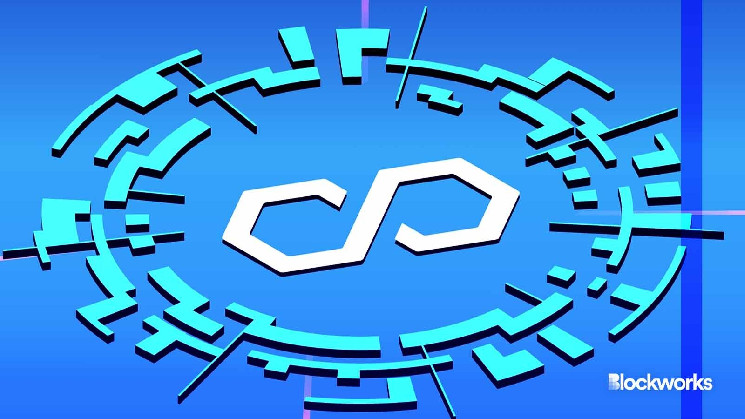Decentralized data startup PowerLoom is launching a node coin on Polygon’s proof-of-stake network.
PowerLoom is designed to enable protocols to index and query blockchain data in a decentralized manner. The protocol is designed for developers building DEX aggregators or other Web3 applications that require reliable data.
An initial pre-mint of 5,000 nodes will be open to interested participants who meet the necessary criteria. These participants, if selected, will receive a soulbound token that will allow them to control PowerLoom Snapshotter Lite nodes.
Soulbound tokens are tokens that can only be owned or transferred by a specific user address. Unlike NFTs, which are freely transferable and tradable, soul-bound tokens often serve as a reference.
Read more: Mastering NFTs: From Beeple to Starbucks to Digital Twin Cities
Pre-minting ends on February 4. The winners will be announced on February 6, Swaroop Hegde, co-founder and CEO of the PowerLoom Protocol, told Blockworks in an interview.
A total of 10,000 independently managed Snapshotter Lite nodes will be available, Hegde said. Additional node spots will be given to PowerLoom community members, ecosystem partners, and contributors.
“You could essentially acquire more than one soulbound token since there are 10,000 nodes, but we limit this to 10 per person,” Hegde said.
The node mint follows a recently boosted testnet that PowerLoom conducted in partnership with Coinlist, a cryptocurrency exchange, and is designed to allow less technically experienced users to participate in the network.
Read more: Protocol Obligate is increasing the pressure to stimulate the institutional use of blockchain
Pratik Gandhi, marketing leader at PowerLoom, told Blockworks that the goal of PowerLoom is to become a fully decentralized data network that is configurable and flexible in getting data from any chain.
“While we are EVM focused at the moment, for example, if someone wants to get data from Celestia’s data markets, they can and PowerLoom will support that,” Gandhi said.
According to the project, residents of the US and sanctioned countries will not be able to participate in the currency.

